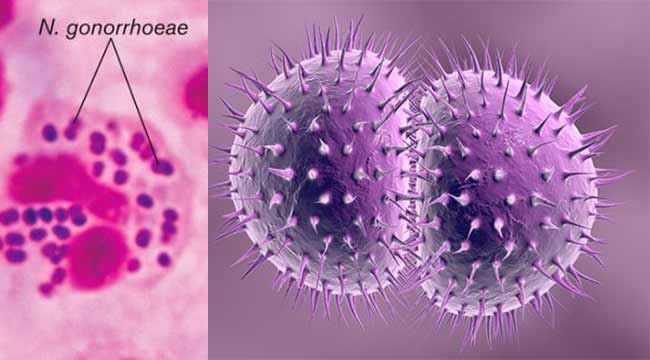GREAT BAY, Sint Maarten (DCOMM) – In light of increasing reports of extended-spectrum cephalosporin resistance in Neisseria gonorrhoeae, the Pan American Health Organization (PAHO)/World Health Organization (WHO), in a recent epidemiological alert, recommends Member States to strengthen surveillance and laboratory diagnostic capacity in order to support the detection of cases, provide adequate treatment, and identify populations at high risk.
Furthermore, PAHO/WHO says prevention and timely management of cases are essential measures to mitigate antimicrobial resistance.
The infection is caused by Neisseria gonorrhoeae, transmitted through contact with exudates from mucous membranes of an infected individual; almost always as a result of oral, vaginal, and/or anal sex without condom.
The incubation period ranges between one and 14 days, although it can be longer. Asymptomatic urogenital infections are frequently found, especially in women. If gonorrhea is not well treated, it may result in reproductive complications. Effective treatment ends communicability within hours.
Gonorrhea is listed as one of the prioritized sexually transmitted infections (STIs) that requires global action for control, due to its extraordinary ability to develop resistance to nearly all classes of antibiotics that are used for first-line empirical treatment.
Ceftriaxone-resistant Neisseria gonorrhoeae (N. gonorrhoeae) has been reported in the Americas since 2007 and, as of October 2017, four countries and territories in the Region identified infections due to this microorganism: Argentina, Brazil, Canada and the United States.
The Collective Prevention Services (CPS), a department in the Ministry of Public Health, Social Development and Labour (Ministry VSA), will continue to monitor developments related to N. gonorrhoeae.
This communication is the first step in raising public awareness and promoting safer sex practices to prevent Sexually Transmitted Infections (STIs). CPS calls on civic and social organizations to take note of the aforementioned and raise awareness within the community with respect to STIs, and promotes the use of condoms with all sexual activities on a continual basis; safe-sex is essential.
CPS and the United Nations Population Fund (UNFPA) are in discussions with the planning to realize an STI training workshop for the latter part of March.







